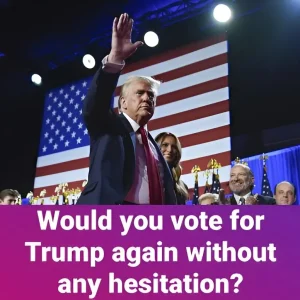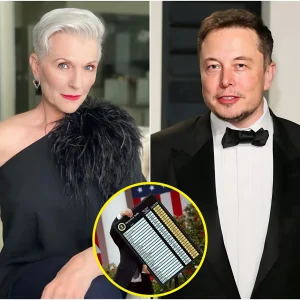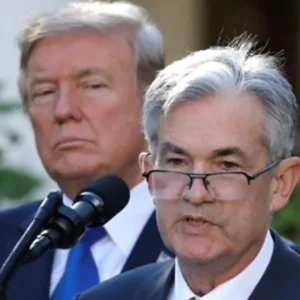Immediately after taking office, President Trump resumed dialogue with Russia to seek a solution to end the conflict in Ukraine. Mr. Trump promoted a harsh reciprocal tariff policy that caused the whole world to “shake”. In the Middle East, Mr. Trump was ready to issue a strong warning about the Iranian nuclear issue. Therefore, the “silence” of the Trump administration on the nuclear issue on the Korean Peninsula has received special attention from observers.
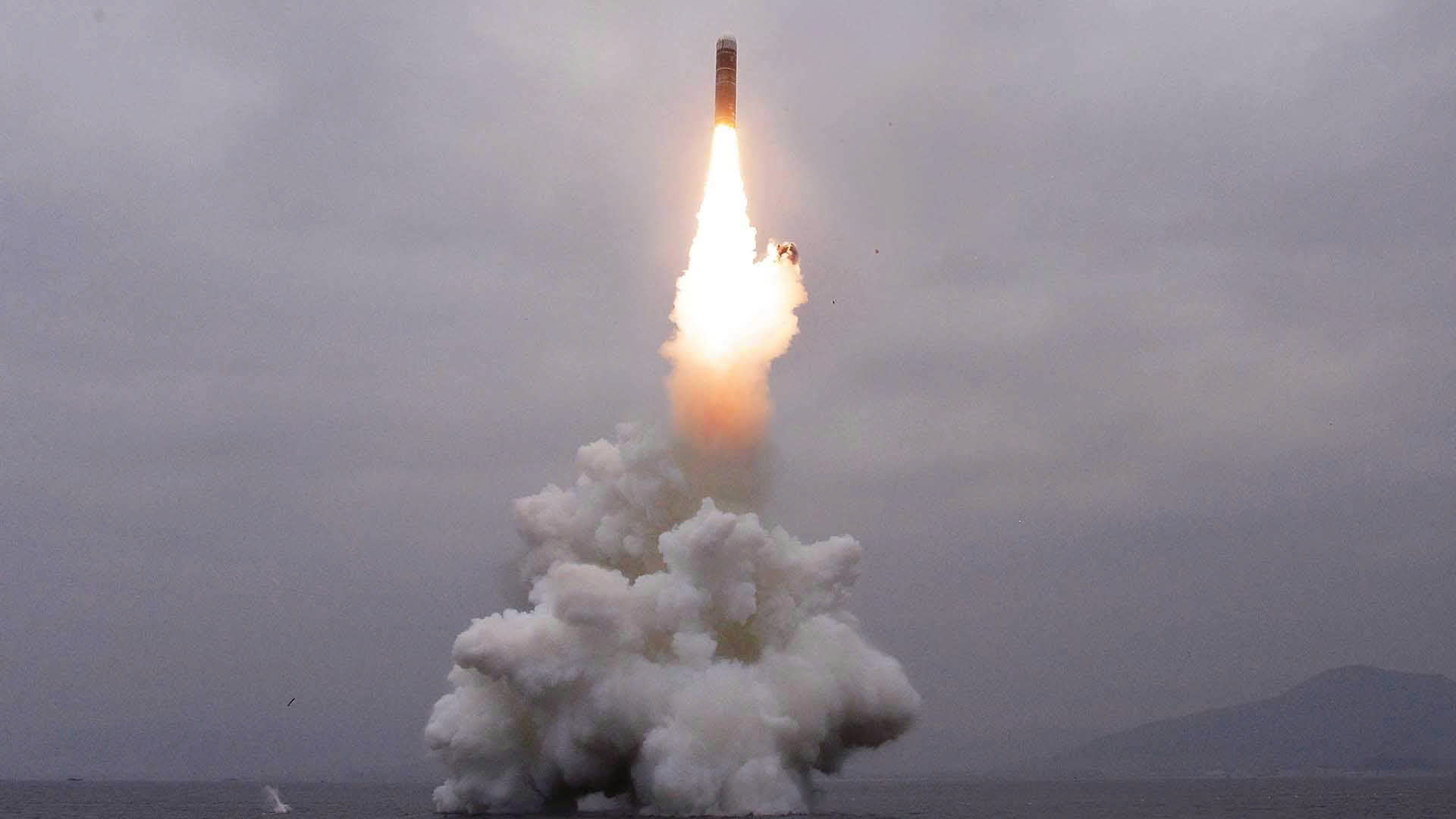
Prioritize handling “hot” issues
During his first term, the nuclear issue on the Korean Peninsula was one of the focuses of President Trump’s foreign policy. Unlike previous administrations, Mr. Trump took a direct diplomatic approach to North Korean leader Kim Jong-un. He had two summits with the North Korean leader, the first in Singapore in June 2018 and the second in Hanoi in February 2019.
Since taking office for his second term, President Trump has occasionally mentioned North Korea, saying he can get along with leader Kim Jong-un and agree on some issues, but has not taken any concrete action on other agendas.
There are two explanations for the Trump administration’s “silence.” First, Trump wants to prevent conflicts that are at the center of the international agenda and become a peacemaker for the world. The North Korean issue, even if it has been “heated up,” is no longer a new issue. Since 2017, the media has reported that North Korea possesses an intercontinental ballistic missile (ICBM) capable of reaching the United States. At that time, this information could “shock” the international community; but over time, it has become less relevant. Instead, there are new, interesting “hot spots” that attract the world’s attention. Moreover, in the current context, the North Korean government will not conduct shocking ICBM tests, because this would require consultation with Beijing and Moscow, which do not support such an idea.
Second, President Trump needs a quick win to prove to voters that he was right and to silence his critics. He wants to portray himself as a leader who delivers peace deals. But that won’t work with North Korea. Since the meetings between the two leaders in Singapore and Hanoi, North Korea has significantly improved its negotiating position. The Russia-North Korea Comprehensive Strategic Partnership Treaty has given it a willing ally; Pyongyang’s nuclear capabilities have also increased significantly. COVID-19 and the shutdown
North Korea’s years of border conflict have shown that it can effectively deal with tough sanctions and survive under a near-total blockade for some time. All of this means that conventional pressure measures, especially threats like those Mr. Trump recently made about Iran, will not be effective against North Korea today.
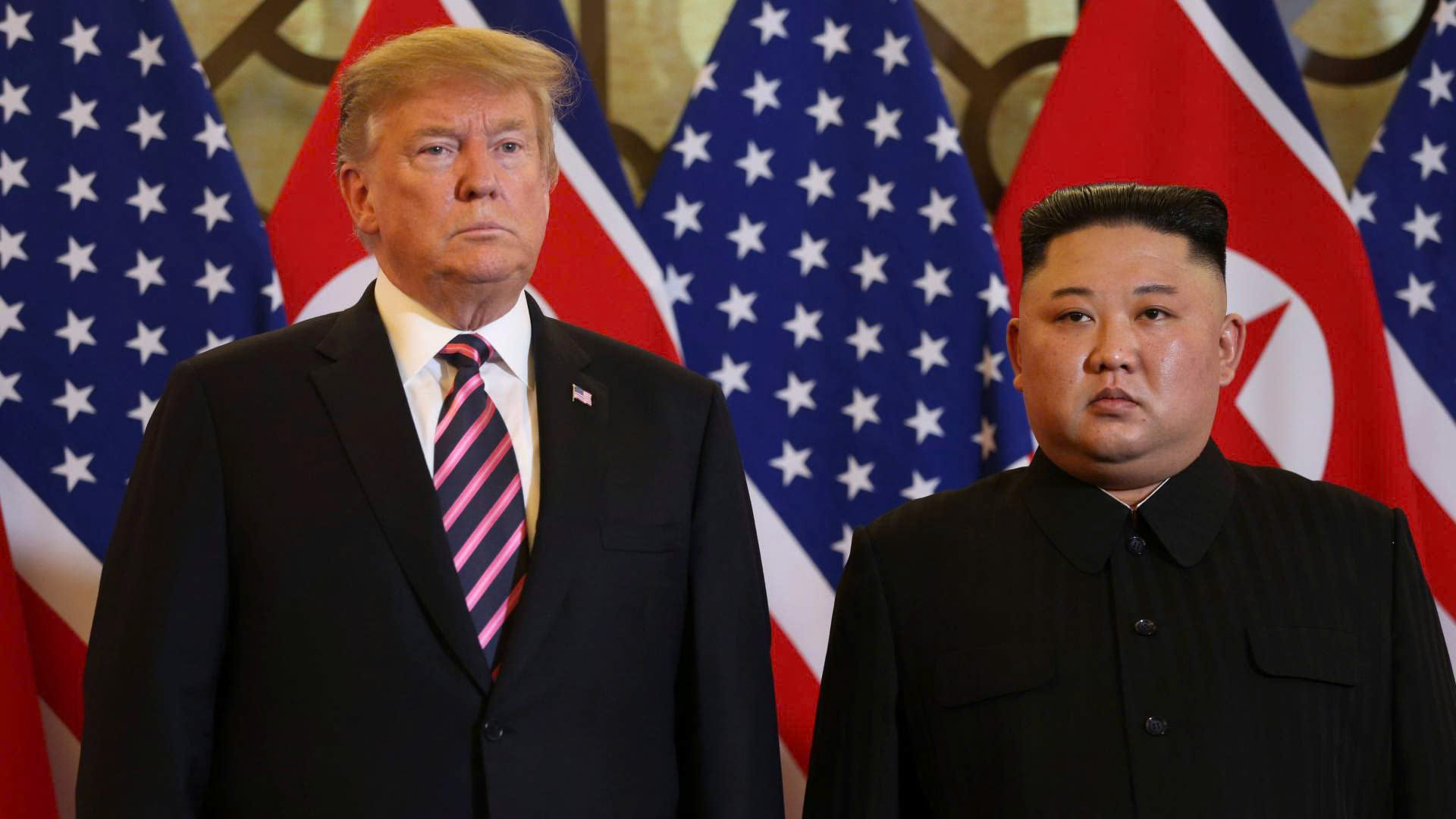
The Trump administration is unlikely to separate Pyongyang from cooperation with Beijing and Moscow. Despite the suspicions that exist in the China-Russia-North Korea triangle, the three countries have shown solidarity in the face of common challenges from the US-Japan-South Korea triangle.
But if the “stick” does not work, what “carrot” can Trump use to solve the North Korean nuclear problem? To get North Korea to make concessions, Trump will clearly have to offer something extraordinary. There are such options, for example, a de facto recognition of North Korea’s nuclear status while maintaining the sanctions regime. But neither the American public nor the “deep state” that Trump himself has repeatedly publicly denounced will welcome such a de-escalation. For those who hold the traditional view that North Korea is a member of the “axis of evil,” any concessions to North Korea are unacceptable. Negotiations would be seen as “surrender,” and if Trump does otherwise, his efforts will be sabotaged by his own associates, just as John Bolton and his associates did to Trump himself during his first term.
Therefore, it will be difficult for North Korea to give President Trump a good success. Perhaps, the parties will promote summit meetings and promote the denuclearization process on the Korean Peninsula, but the lesson of history shows that the most important thing is that leader Kim Jong-un will benefit first from the US-North Korea summit, even if the parties shake hands and talk about some non-nuclear issue.
Current situation on the Korean Peninsula
In fact, President Trump is choosing to tackle issues that can give him quick results, but things don’t seem to be going his way. Both the Russia-Ukraine conflict and the Iranian nuclear issue are controversial. But compared to the North Korean issue, it is clear that solving these two issues is still more feasible, so President Trump and his team may postpone the North Korean solution and focus on more profitable areas.
Although, somewhere in the Western media tends to exaggerate that “the Korean Peninsula is on the brink of war” and could erupt at any time, many opinions say that the possibility of conflict in the Korean Peninsula is even lower than other “hot spots” in the Asia-Pacific, typically around the Taiwan Strait.
The current situation on the Korean Peninsula has similarities to the stalemate between the Soviet Union and the United States during the Cold War, when the two sides engaged in an arms race, a show of force, and threats against each other, but did not lead to a serious conflict between the superpowers, because neither side was ready for the possible damage and risks.
Currently, both North Korea and South Korea have military assistance treaties with nuclear powers, and if one of them is attacked, Russia, China or the United States will fulfill its obligations to the other, and then the local conflict will immediately turn into a regional conflict with a high risk of nuclear war. A local conflict aimed at destroying one of the parties cannot happen without the use of nuclear weapons. The North Korean army needs to neutralize the enemy’s logistics system, including the largest ports in South Korea and Japan. Without the use of nuclear weapons, North Korea cannot destroy the above military targets quickly and effectively. On the contrary, South Korea and its allies must destroy the enemy’s underground network of military factories, launch sites and nerve centers, which also requires nuclear weapons. This explains why in both Pyongyang and Seoul there are pragmatic people who are preparing for war and studying its variants, but neither of them desires a war scenario to occur.
Changing the balance of power on the Korean Peninsula in the current context is not beneficial to the United States. “Heating up” the situation, the risk of a war in Korea could cause the United States to lose more than it gains. Obviously, President Trump will not risk seeking “victory” in this issue.

